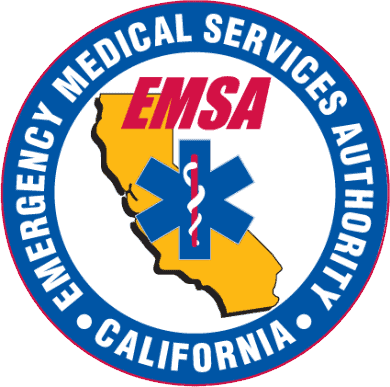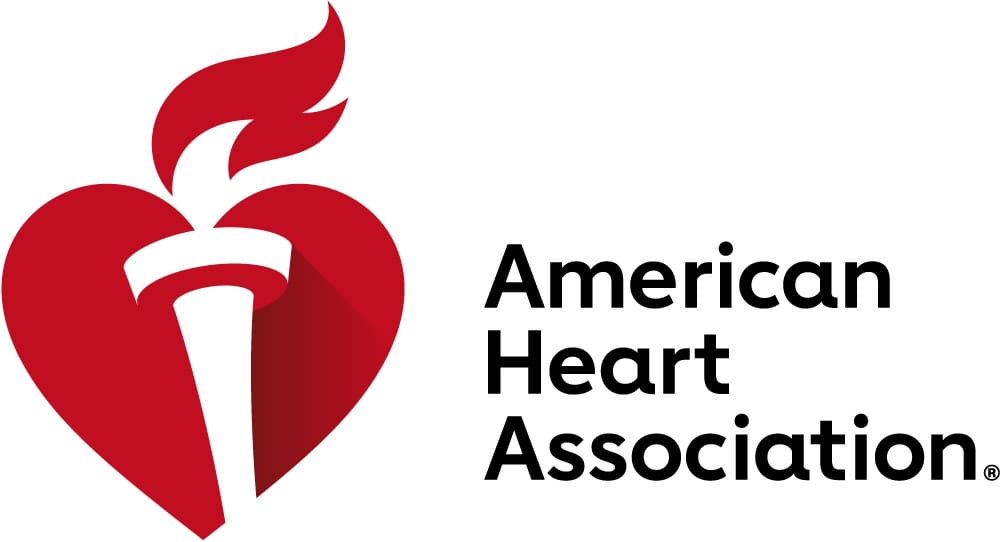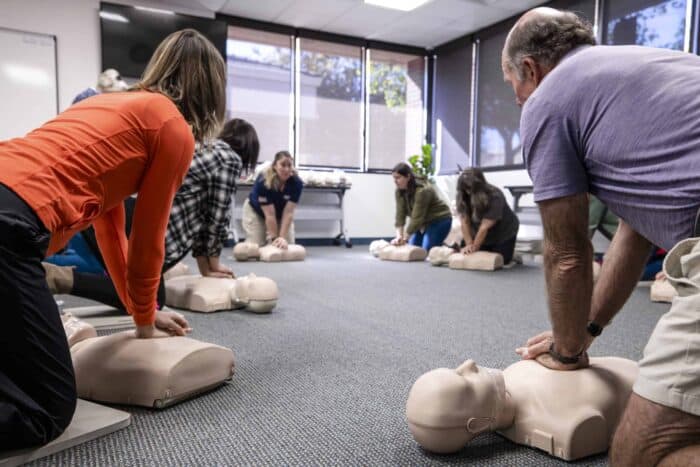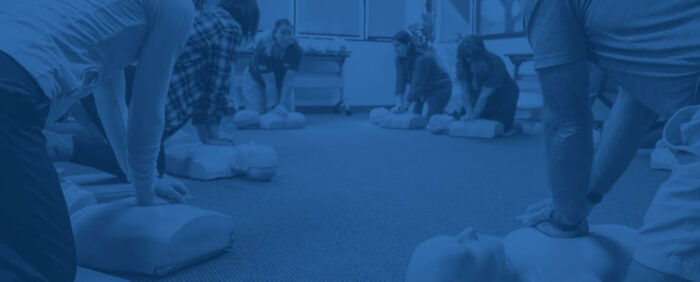Your cart is currently empty!

From Walking to Weightlifting: Exercises that Help Your Heart
It’s time to move! Exercise is one of the most powerful tools if your goal is to safeguard your heart. Despite what some may think, a healthy heart isn’t just the result of good genetics; it’s something you can cultivate through consistent physical activity. From walking to weightlifting, various forms of exercise can strengthen your cardiovascular system, reduce the risk of heart disease, and improve overall well-being. In this article, we’ll explore how different types of exercises benefit your heart and how you can incorporate them into your routine.
The Importance of Cardiovascular Exercise
Cardiovascular exercise, often called “cardio,” is any activity that raises your heart rate and keeps it elevated for an extended period. It is particularly beneficial for heart health because it helps your heart, lungs, and blood vessels to work properly. When you engage in cardio exercises, your heart works harder to pump blood, strengthening the heart muscle and improving circulation.
Walking for Your Best Heart Health
One of the simplest and most accessible forms of cardio, walking is an excellent starting point for anyone looking to improve their heart health. A brisk 30-minute walk daily can lower blood pressure, reduce cholesterol levels, and help maintain a healthy weight—factors crucial for a healthy heart.
Running and Jogging
Running and jogging are more intense options if you want to take your cardio up a notch. These exercises increase your heart rate more than walking, providing a more substantial cardiovascular workout.
Cycling
Whether you prefer a stationary bike or enjoy the great outdoors, cycling is another fantastic way to get your heart pumping. Cycling strengthens the heart muscles, lowers resting pulse, and reduces blood fat levels. It’s also a low-impact activity, making it a suitable option for those with joint concerns.
Swimming
Swimming is a full-body workout that is gentle on the joints but tough on the heart. Because water supports your body, swimming reduces the impact on your joints while providing a high-intensity cardio workout. Regular swimming sessions can help improve heart and lung capacity, boost circulation, and lower blood pressure.
The Role of Strength Training in Heart Health
While cardio exercises are often emphasized for heart health, strength training is equally important, involving exercises that improve muscle strength and endurance by working against resistance.
Weightlifting
Lifting weights isn’t just for building muscle; it also offers significant cardiovascular benefits. Strength training helps reduce body fat, increase lean muscle mass, and improve insulin sensitivity—all of which contribute to better heart health. Additionally, weightlifting can help lower blood pressure and improve cholesterol levels. For those new to weightlifting, starting with lighter weights and gradually increasing resistance is key to avoiding injury.
Body-weight Exercises
Exercises like push-ups, squats, and lunges use your body weight as resistance. These exercises can be done anywhere and don’t require special equipment, making them a convenient option for those looking to improve heart health.
Resistance Bands
These flexible, portable bands are a great addition to any strength training routine. They allow you to perform various exercises targeting different muscle groups while providing a heart-healthy workout. Resistance bands are particularly beneficial for those who may not have access to weights or a gym.
High-Intensity Interval Training (HIIT) for Heart Health
High-Intensity Interval Training (HIIT) combines short bursts of intense exercise with periods of rest or low-intensity exercise. This type of workout is highly effective for improving cardiovascular fitness in a short amount of time. HIIT can include a mix of cardio and strength training exercises, making it a versatile option for those looking to boost heart health.
Balancing Exercise with Rest
While exercise is vital for heart health, allowing your body time to recover is equally important. Overtraining can potentially causing more harm than good. Make sure to balance your exercise routine with adequate rest, including days off from intense workouts and ensuring you get enough sleep each night.
Getting Started with Heart-Healthy Exercises
If you’re new to exercise or haven’t been active for a while, you must start slowly and gradually increase your activity level. Begin with moderate exercises like walking or cycling and gradually incorporate more intense activities like running, weightlifting, or HIIT as your fitness improves.
The Fight Against Cardiac Arrest
As you can see above, regular exercise is a powerful ally in the fight against cardiac arrest, not just by strengthening the heart but also by enhancing its resilience. Engaging in aerobic activities boosts blood flow and promotes the efficient use of oxygen, leading to improved cardiovascular health. Research shows that individuals who exercise regularly can lower their risk of sudden cardiac events significantly—by up to 50%. Also, stress management through physical activity mitigates detrimental stress hormones like cortisol that can otherwise increase the risk of heart issues. Even so, it is important to train in recognizing the signs of a cardiac emergency and know what to do if you see someone experiencing one. Learning CPR and how to use an AED isn’t just about acquiring a skill; it’s about empowering yourself and creating a ripple effect in your community. Rescue Training Institute offers CPR and AED classes so that you can potentially save a life when every second counts.
Whether you prefer the simplicity of walking or the challenge of weightlifting, there’s a heart-healthy exercise for everyone. By incorporating a variety of cardiovascular and strength-training exercises into your routine, you can protect your heart, improve your overall health, and enjoy a longer, healthier life.
From walking to weightlifting, heart-protecting exercises await! Discover essential tips from Rescue Training Institute for a healthier heart.








